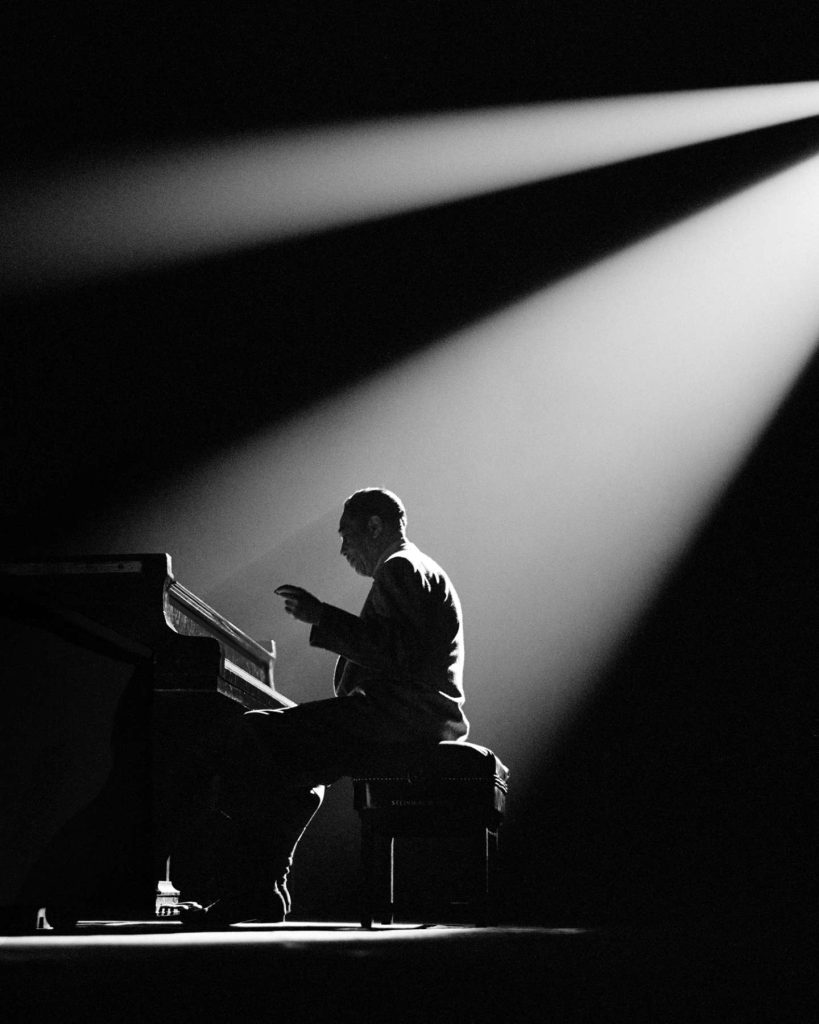Why?
Duke Ellington broke all the rules when he created Reminiscing in Tempo. A work of art that was over 12 minutes long and spanned two full 78 RPM records, or four record sides. For something that occurred so long ago, why would anyone really care to break this down today? Simply put, in an age of instant gratification like today or a time of slow-to-get places like the 1960s, this music is still regarded as one of the longest records of its kind, yet chalked full of sonic ground-breaking movements in music. Guess that wasn’t so simple then.

Ideas forming ideas.
Duke wasn’t shy about his thoughts and vulnerability. He admits that quite frankly, the piece wasn’t written for anyone but himself nor was it meant to serve as anything other than a cathartic expression of pain and anguish, which the listener is privy to… a piece of him in song.
“It was one of my first ambitious things. It was written in a soliloquizing mood. My mother’s death was the greatest shock. I didn’t do anything but brood. The music is representative of that. It begins with pleasant thoughts. Then something awful gets you down. Then you snap out of it, and it ends affirmatively.”
Nothing, we mean absolutely nothing had been done like this before in jazz, or by an entire jazz orchestra for that matter. What was even more surprising was that Ellington’s orchestra was a dance band; and even still, he wrote this piece specifically for his musicians.
What do we get out of it now?
It’s no surprise that one might be wondering what is the takeaway here? There is a school of thought that supports the notion that raw, unfiltered emotion, much like energy, cannot be destroyed, but rather moved. In some spiritual circles, that movement can be a transference. It wouldn’t be a stretch to then think of the record as this living embodiment of Duke himself and his emotional state in a time. His posthumous presence lives in the music he created, and we could say the same for many of the greats. Composers like Beethoven and Bach still live on today in that same way over 150 years later. It’s a lot to think about when you consider how sound affects us, our mood and our lens in the world. Shaping our viewpoint can be just as cathartic as dumping it all on “wax” so to speak. We ebb and flow through the world in emotion, and so music becomes part of that lived experience, from the grocery store jingle to the elevator chimes at the office. Take notice of these little occurrences just as much as you do the big 12 minutes full of bravado musical firsts of Duke Ellington, it’ll be worth it, we promise.
